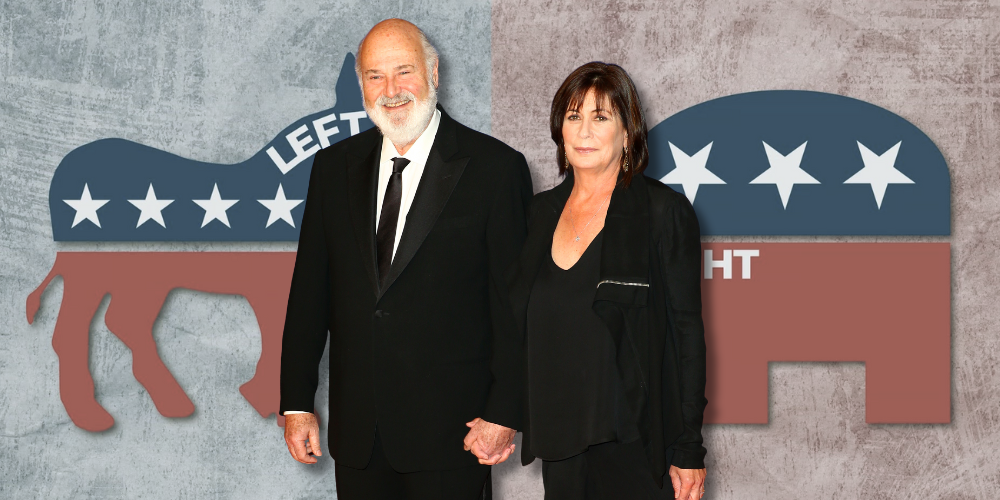U.S. District Judge John E. Jones of Harrisburg, Pa., was not content to strike down the small intelligent design reference proffered to biology students by the Dover, Pa., School District, so in a 139-page opinion he also proceeded to stake out a position that - if followed nationally - would enshrine Darwinism as an unquestionable theory of life’s origins. The judge enjoined the school board not to present intelligent design, nor to “require teachers to denigrate or disparage the scientific theory of evolution” (p. 138).
Several reporters already have called this “Scopes Trial II,” but in the Scopes case, a jury effectively held that teaching Darwinian evolution was legally forbidden, while under Judge Jones (if he has his way), anything other than unalloyed Darwinian evolution will be forbidden.
One of the most alarming aspects of Jones’ opinion is the reliance on the personal religious views of intelligent design scientists as evidence that their scientific views should be discounted. Supposedly, a stated personal belief that God designed the world - even if a scientist makes clear that this is not his scientific contention - disqualifies his science. The opposite standard, however, does not apply. In fact, Judge Jones relies extensively on material from a philosophy professor, Barbara Forrest, who is a member of the board of the New Orleans Secular Humanist Association, and does so without noting her affiliation.
The judge predicts (p. 137) that “Those who disagree with our holding will likely mark it as the product of an activist judge,” and he is certainly correct. Judge Jones’ opinion redefines not only standards of motivations, but also definitions of science and religion. He finds that belief in God makes a scientist a “creationist”, even if the scientist does not support the idea that the Earth is only a few thousand years old.
Discovery Institute was not a party to the suit and we could not have been clearer in private and public that we opposed the Dover school board’s policy to mandate mention of intelligent design from the start; that’s not our approach. But there is no acknowledgement of that in the judge’s opinion. Rather, in criticizing the school board, Judge Jones manages to imply that since the board had consulted us, we must have recommended the course the board took. Further, the judge assigned to Discovery Institute and its scientists the religious motivations he decided had destroyed the credibility of the school board.
There are numerous misstatements of fact in the opinion, including the claim that intelligent design scientists have not published articles supportive of intelligent design in peer-reviewed journals (a list of such articles is carried on the Discovery website) and that they do not conduct testing or lab research. Those ARE charges made against intelligent design scientists by the ACLU and their allies; but they are not true. The judge simply adopted them without question, ignoring our amici briefs.
When a judge presumes to define what is science and what is not, you can be sure that the chilling consequences will affect not only school districts but also scientists in universities around the country. Those doing intelligent design research will now come under increased pressure, unfortunately.
But there is nothing the ACLU or a federal judge can do to stop people in a free society from challenging untruths in science or any other academic field. Darwinists, who want to establish their theory as the only one with legal force compelling it, will find, too, that censorship has a way of backfiring in the long run.





